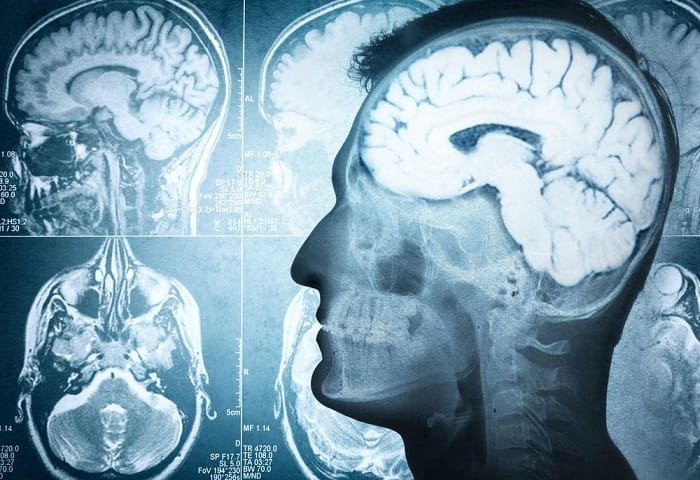A traumatic brain injury can be serious. Traumatic brain injuries or TBI are a disruption of the brain’s normal functions. A sudden blow or jolt can cause traumatic brain injuries or the head striking an object. Unfortunately, the brain has a limited ability to heal the damage that occurs to it.
When someone suffers a brain injury, two things happen right away. First, the brain tissue responds with physiological and biochemical responses that can lead to further damage. The individual may also lose consciousness or have problems with performing motor functions in response to the injuries.
When someone with a possible brain injury arrives at the hospital, the medical providers should first look at their consciousness levels. There are different diagnostic tools available to help make a determination, and also the Glasgow Coma Scale.
The following are some of the general things to know about the many therapies used to treat brain injuries.
Glasgow Coma Scale
As mentioned above, the Glasgow Coma Scale is a 15-point test used by health care providers and emergency services professionals to assess how severe a brain injury is. It looks at a person’s ability to move their limbs and eyes and follow directions.
The abilities of the patient are scored from three to 15. A higher score means the injuries are less severe. For someone who witnessed the accident leading to the potential brain injury, they can provide important information to gauge the severity. For example, someone who witnessed the accident may be able to say how the injury occurred and how long they lost consciousness.
Treating Mild Brain Injuries
Not all brain injuries are severe. When treating mild injuries, there is usually nothing done other than imaging and diagnostic tests to ensure that it isn’t severe. Then, a doctor might advise that someone with a mild brain injury rest and take over-the-counter pain relievers if they develop a headache.
It’s usually advised that the person with the injury be monitored closely at home for new or worsening symptoms.
Follow-up appointments may also be scheduled.
A doctor should let someone with a mild injury know when they can return to their normal activities.
Taking a break from both physical and cognitive activities is important during this time.
Some people even with a mild brain injury may develop what’s called post-concussion syndrome. Symptoms include cognitive impairment, depression, irritability, headache, and fatigue.
Emergency Care
When someone has a moderate to severe brain injury, the primary focus is to maintain enough oxygen and blood supply. Blood pressure has to be maintained, and further neck and head injury have to be prevented.
In an emergency room or ICU, someone with a brain injury will need care that focuses on reducing secondary inflammatory damage as well.
Different medicines may be used to prevent secondary brain damage. For example, diuretics can reduce the amount of fluid in the tissues and increase the output of urine. Anti-seizure drugs may be given, especially during the first week after a moderate to severe brain injury. Doctors may need to use drugs to put someone into a coma because a comatose brain doesn’t need as much oxygen. Doctors treating severe TBI in hospitals have to monitor for deep vein thrombosis and infection as well.
In the hospital, someone with TBI may need supplementation to get the necessary nutrients because, over time, they can develop nutritional deficiencies. Some people in the hospital for severe brain injuries may require tube feeding.
Surgery
Some patients with a moderate to severe brain injury will go from the ER into surgery. Surgery might be done to remove a contusion or hematoma, such as compressing the brain or raising pressure inside the skull.
After surgery of this type, the patient would be put under observation in an intensive care unit.
Rehabilitation
Finally, most people who have a serious brain injury will need some form of rehabilitation.
They might have to learn how to do basic things such as talking or walking. The goal of rehabilitation following a brain injury is to improve the person’s ability to function in daily activities.
This type of therapy may start at the hospital and then continue either in a residential or outpatient facility.
There may be many different specialists who work in the rehabilitation phase of treatment. These can include psychiatrists, occupational therapists, and physical therapists.
Someone with a brain injury may also work with a speech and language pathologist, a social worker or case manager, and a rehabilitation nurse, among many others.



















